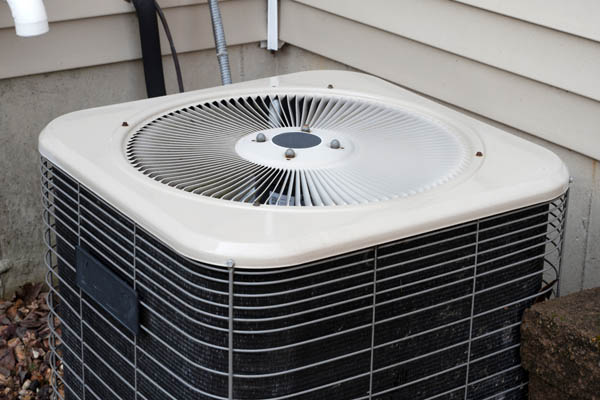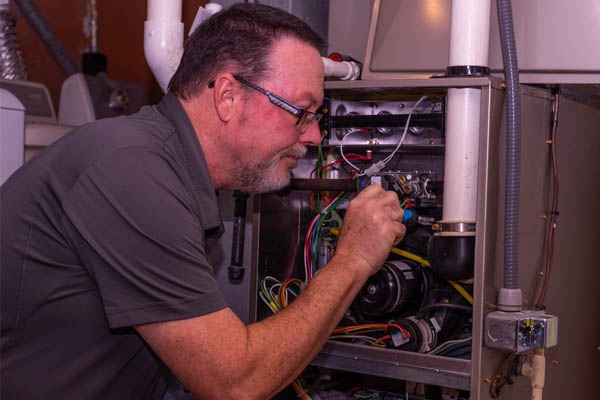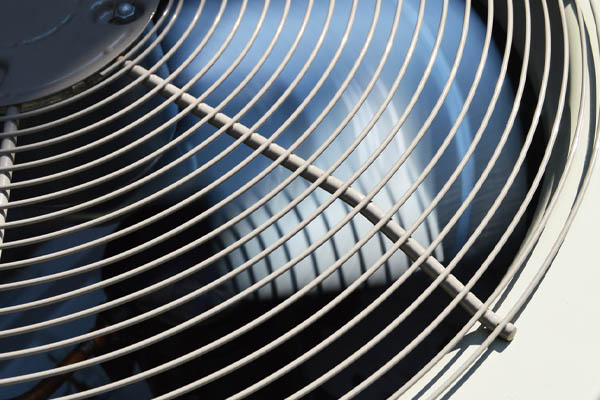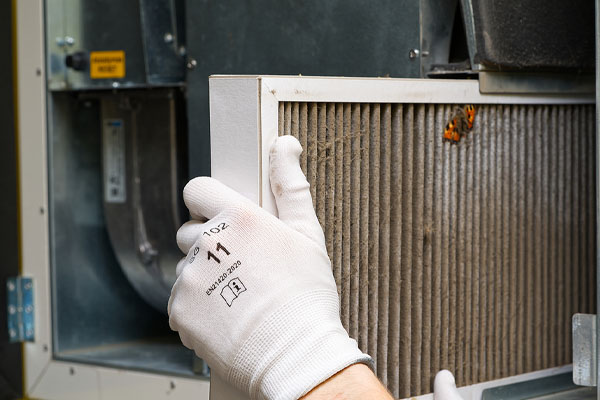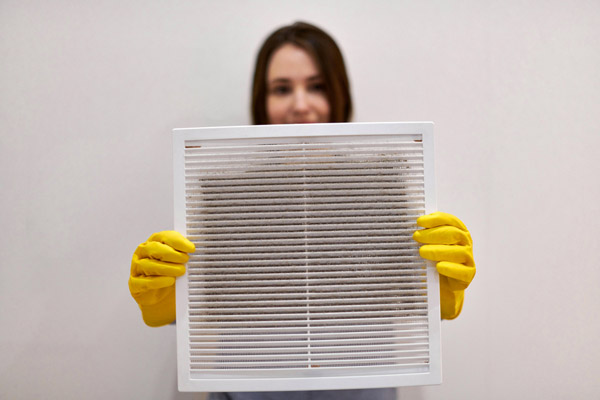
Maintaining a comfortable and healthy home environment heavily relies on the efficient functioning of the HVAC system. The HVAC blower motor is a crucial component responsible for circulating air throughout your living space. At Point Bay Fuel, we pride ourselves on our extensive expertise in HVAC services, dedicating ourselves to ensuring that your systems operate at peak efficiency.
Recognizing the early signs of a failing blower motor is vital for preemptive maintenance, preventing costly repairs, and extending your unit’s lifespan. This article provides an in-depth look at the five key indicators that signal the need for blower motor replacement. This will provide knowledge for proactive HVAC management.
5 Signs Your HVAC Blower Motor Needs A Replacement
The following sections delve into five specific symptoms of a malfunctioning HVAC blower motor.
1. Unusual HVAC Blower Motor Noises

One of the most noticeable signs of a blower motor in distress is the emergence of unusual sounds emanating from your HVAC system. These sounds, ranging from a subtle rattling to a more pronounced screeching, often indicate mechanical issues within the blower motor.
Point Bay Fuel’s expertise highlights the significance of these auditory signals. A rattling noise could suggest loose parts or debris within the motor, whereas a screeching sound might point to a more severe issue. This can be a failing belt or motor bearings. Ignoring these sounds can cause further damage, resulting in more extensive and costly repairs.
Familiarity with your HVAC system’s normal operational sounds allows for quickly recognizing anomalies. Document the type of sound and its frequency, as this information can be invaluable to HVAC professionals. Contacting a qualified technician, such as those from Point Bay Fuel, at the earliest sign of these noises. Doing so ensures prompt diagnosis and repair, safeguarding the efficiency and longevity of your HVAC system.
2. Weak or No Airflow From Your HVAC Blower Motor
A significant decrease or complete absence of airflow from your HVAC vents is a clear indicator of potential issues with the blower motor. When the blower motor is compromised, it struggles to effectively circulate air through the ducts. This leads to noticeably weak or non-existent airflow in various parts of your home. This symptom not only affects the comfort levels in your living space but also signals an underlying problem that could be impacting your HVAC system’s overall health and efficiency.
Before jumping to conclusions about blower motor replacement, conduct some basic troubleshooting first. This includes checking for blockages in the vents, ensuring the air filters are clean, and verifying that all registers are open and unobstructed. If these initial checks don’t resolve the issue, it’s time to consult a professional. An expert from Point Bay Fuel can provide a comprehensive assessment to determine if blower motor replacement is necessary, ensuring your system returns to optimal functioning.
3. Overheating Blower Motor
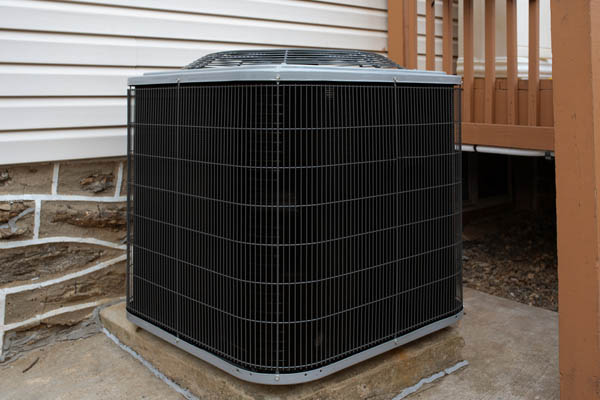
An overheating blower motor in your HVAC system often manifests through symptoms like unexpected system shutdowns or the emission of warm air from the vents when cooling is expected. These signs indicate that the motor is working beyond its capacity, leading to excessive heat generation. Overheating can cause the system’s safety mechanisms to activate, resulting in shutdowns to prevent damage. Additionally, the inability of the motor to effectively circulate air can lead to warm air output, which is particularly noticeable during the system’s cooling cycle.
Point Bay Fuel underscores the seriousness of an overheating blower motor, emphasizing the risks it poses to the HVAC system’s functionality and overall lifespan. Persistent overheating can lead to irreversible motor damage, necessitating costly replacements. To prevent such scenarios, regular maintenance is critical. This includes routine cleaning of vents and filters to ensure unobstructed airflow and scheduling regular inspections by professionals.
4. HVAC Electrical Issues
Electrical problems within your HVAC system, such as frequently blown fuses or tripped circuit breakers, can often be traced back to a failing blower motor. These electrical issues arise when the motor is strained or malfunctioning, leading to an overconsumption of power. This excessive electrical demand can overwhelm the system’s circuitry, resulting in blown fuses or tripped breakers as a protective measure. Such signs are indicators of a blower motor issue and can hint at deeper electrical problems within the HVAC system.
Point Bay Fuel emphasizes the importance of handling these electrical symptoms with care and caution. Attempting to diagnose and resolve these issues without proper knowledge can be hazardous. They advocate for a professional evaluation to accurately diagnose the root cause of these electrical anomalies. A thorough inspection by a qualified HVAC expert can differentiate between a blower motor problem and other electrical issues, ensuring correct and safe resolution.
5. HVAC Blower Motor Age & Continuous Repairs
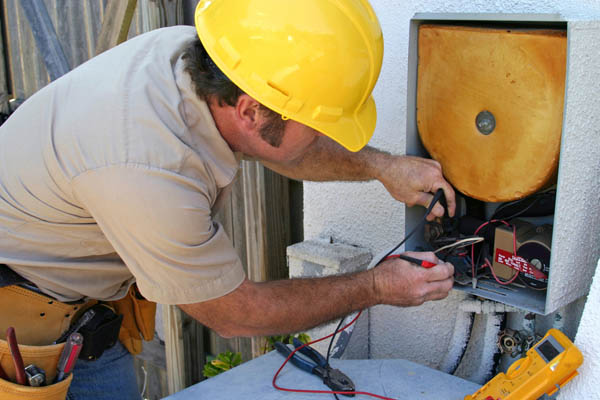
The lifespan of an HVAC blower motor is crucial in determining its reliability and efficiency. As a blower motor ages, it becomes more susceptible to wear and tear, often necessitating frequent repairs. This pattern of continuous maintenance issues can be a clear signal that the motor is nearing the end of its operational life and may require replacement. Frequent repairs cause inconvenience and can be a financial burden over time, indicating that investing in a new blower motor could be a more practical and economical choice.
Point Bay Fuel advises homeowners to be mindful of the expected lifespan of their HVAC blower motors, which usually ranges between 10 to 15 years, depending on usage and maintenance. They recommend evaluating the cost-effectiveness of continuous repairs versus the one-time expense of replacing an aging motor. In cases where repairs become too frequent and costly, opting for a new blower motor can ensure greater efficiency and reliability of the HVAC system. Planning for this replacement involves setting aside a budget and scheduling the installation at a convenient time, preferably before the existing motor fails completely, to avoid discomfort and disruption in your home.
Conclusion
The five pivotal signs indicating the need for a blower motor replacement in your HVAC system are unusual noises, weak or no airflow, overheating, electrical issues, and the motor’s age, coupled with continuous repairs. It’s essential to recognize these symptoms early and understand their potential impact on your system’s performance and longevity. Point Bay Fuel stands ready to provide professional assessment and quality replacement services to ensure your HVAC system operates efficiently and effectively. Count on us for prompt and effective HVAC solutions. Call us now for immediate assistance!
Contact Point Bay Fuel for Reliable HVAC Services
Point Bay Fuel is renowned for delivering exceptional heating and cooling services in southern New Jersey. Our highly trained and professionally certified technicians specialize in a broad range of HVAC solutions, encompassing tune-ups, repairs, installations, and replacements. Their extensive expertise ensures your HVAC system is in capable hands, receiving the highest care and service.
At Point Bay Fuel, we are dedicated to providing cost-efficient heating and cooling services. Our meticulous maintenance enhances your comfort, optimizes energy efficiency, and reduces your heating and cooling expenses. For those requiring repair or replacement, we offer competitively priced options customized to meet your specific needs. Our commitment is always towards your complete satisfaction. Reach out to Point Bay Fuel today for a complimentary in-home estimate or to book a service appointment.
Contact us now by calling (732) 349-5059 to speak to one of our home comfort specialists! Click the link to view our service area.

Related Articles:
- Air Quality & Calculating the Right Amount of Home Ventilation
- Heating Problem: Why Is Your Home Hard to Heat?
- Important Features of a Solid HVAC Warranty
- Thermostat Setback: Can Dialing Down Your Thermostat Ease Your Budget?
- Top Three HVAC Problems That You Should Pay Attention To
The post 5 Signs Your HVAC Blower Motor Needs to Be Replaced appeared first on Point Bay Fuel.
